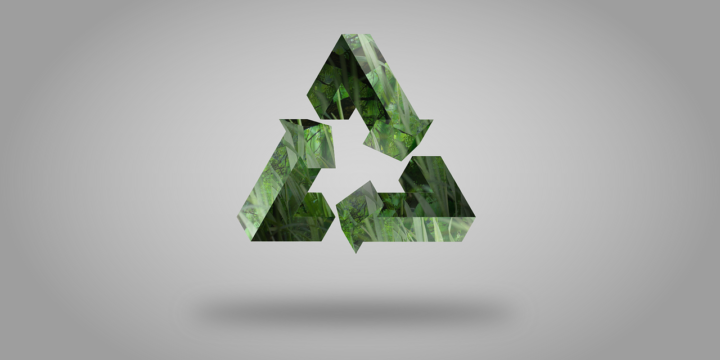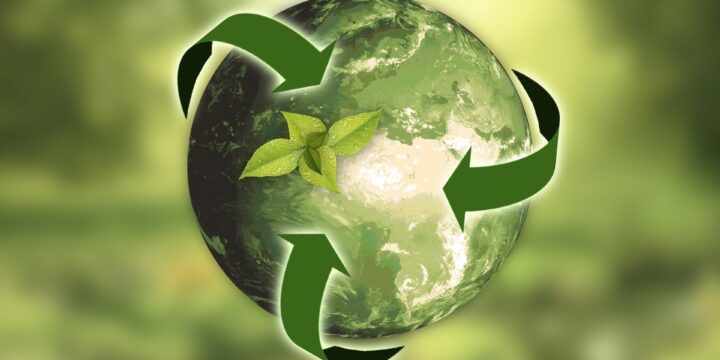
The 7 R’s of the circular economy
Photo by "My Life Through A Lens" Circular economy aims to optimise the use of materials at their highest value and optimal use for an increased efficiency of products and a reduced environmental impact. The use of R’s as operational imperatives of the circular economy answers to a need of conceptualisation and modelisation of the circular economy principles. We will present here the commonly defined as 7 R’s of the circular economy: Reuse: Many products can be used for more than one application over the time. Even if the first customer won’t need a product anymore, because his circumstance change or because he simply does not want it anymore, this same product has good probability of being in a good enough state to enable a new use by someone else.…

